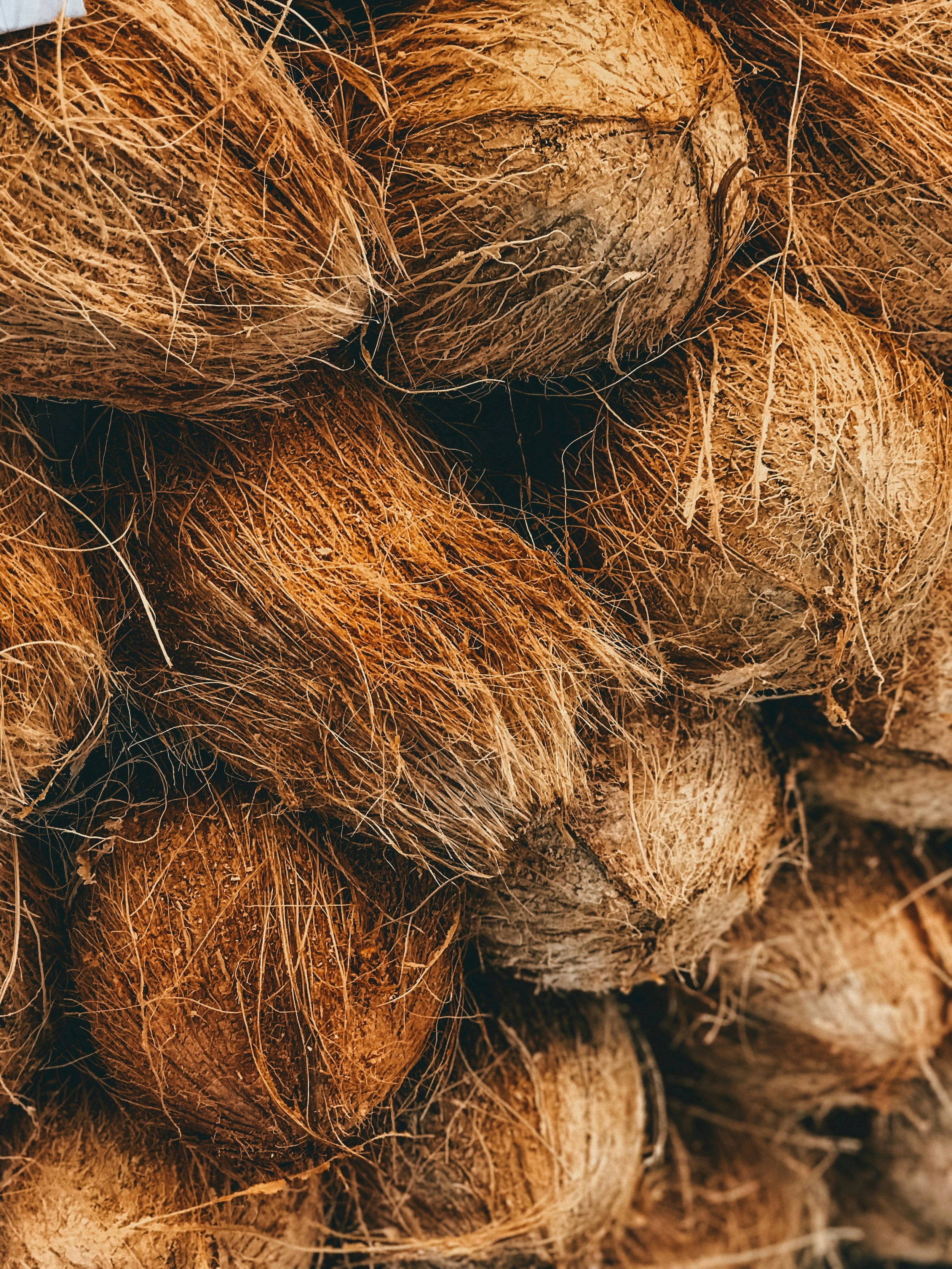 Image 1 of 4
Image 1 of 4

 Image 2 of 4
Image 2 of 4

 Image 3 of 4
Image 3 of 4

 Image 4 of 4
Image 4 of 4

Coconut
Coconuts botanically, the coconut fruit is a drupe, not a true nut. Coconuts are low in carbs and high in fibre and fat, which may be beneficial for blood sugar control.
Much of the fat in coconut is in the form of medium-chain triglycerides (MCTs). Our body metabolizes MCTs differently than other types of fats, absorbing them directly from your small intestine and rapidly using them for energy. One review on the benefits of MCTs for people with obesity found that these fats may promote body’ fat loss when eaten instead of long-chain saturated fats.
Coconuts botanically, the coconut fruit is a drupe, not a true nut. Coconuts are low in carbs and high in fibre and fat, which may be beneficial for blood sugar control.
Much of the fat in coconut is in the form of medium-chain triglycerides (MCTs). Our body metabolizes MCTs differently than other types of fats, absorbing them directly from your small intestine and rapidly using them for energy. One review on the benefits of MCTs for people with obesity found that these fats may promote body’ fat loss when eaten instead of long-chain saturated fats.
Coconuts botanically, the coconut fruit is a drupe, not a true nut. Coconuts are low in carbs and high in fibre and fat, which may be beneficial for blood sugar control.
Much of the fat in coconut is in the form of medium-chain triglycerides (MCTs). Our body metabolizes MCTs differently than other types of fats, absorbing them directly from your small intestine and rapidly using them for energy. One review on the benefits of MCTs for people with obesity found that these fats may promote body’ fat loss when eaten instead of long-chain saturated fats.

Nutritional Tip
Coconut water, milk, and cream are not to be confused with each other: Coconut water is the clear fluid inside coconuts. It's not the same as coconut milk, which is a blend of coconut water and grated coconut.
Coconut milk contains 5% to 20% fat, while coconut cream contains around 20% to 50%. It is between 0 and 1% for coconut water.
